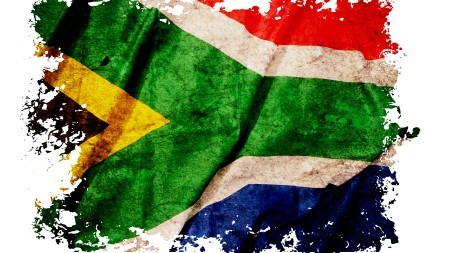South Africans across the board are finding that they are having to tighten their belts quite substantially as the cost of living continues to soar.
Escalating food costs, the ever increasing price of fuel and some crippling electricity hikes have all been felt in recent times and by the looks of things, the situation isn't set to become any easier in the foreseeable future.
There has been a little good news on the property front in that property prices are beginning to slow. However, this doesn't necessarily mean that this will end up having a positive effect on those who own or lease property.
Rates and taxes are always going to be a bone of contention, particularly if the residents of a specific area believe that the money isn't being well spent or if it's apparent that corruption is affecting service delivery. However the rise in the costs of these essential services means that we are going to have to dig deeper, regardless of whether the municipality is well run or not. Municipal rates are based on the value of a home and therefore it has automatically become more expensive to live in certain areas. However, everything is relative and any increase in any suburb is going to have a negative impact on those who live there.
Sadly it's not only an increase in rates that impacts our lives on an annual basis, given that the price of electricity and water generally increase at the same time.
In Durban for example the draft budget indicates that property rates will rise by 6.9 percent, water (residential) by 9.5 percent, electricity by 12.2 percent and sewerage by 7.9 percent. Although not confirmed, it's been reported that The City of Johannesburg has proposed a six percent increase in property rates, a 15 percent increase in sewerage costs and a water price increase of between 11 and 17 percent.
Cape Town has also come under fire in recent times. The city's proposed budget will see a 10.83 percent increase in property rates, an 8.33 percent increase for refuse collection and an 11 percent rise in the costs of water and sanitation.
All in all we are all in for a bit of a rough ride and that's before the price of electricity is factored into the equation. Eskom has already implemented increases to the tune of 12.69 percent for direct customers and 14.25 percent for municipalities and if the parastatal has its way we could be in for another hike of 9.58 percent later in the year. In other words the price we pay for electricity could rise by over 20 percent this year.
Government has often stated that South Africa enjoyed low electricity tariffs for many years, and while that may be true, it doesn't detract from the enormous increases we have been forced to endure over the past few years. There is a little good news in that it's been announced that Eskom has been putting pressure on municipalities which haven't been paying their way. Likewise the news that the provider intends to take action against households which tap into the grid illegally is welcome. While this may not have an immediate impact on the amount we have to pay, it could bode well for lower future increases.
Government is also clamping down on corruption within municipalities and although this won't necessarily mean that we'll be paying less, it will certainly mean that we should be able to see some improvement on the way our hard earned money is spent in and around the suburbs in which we live.




